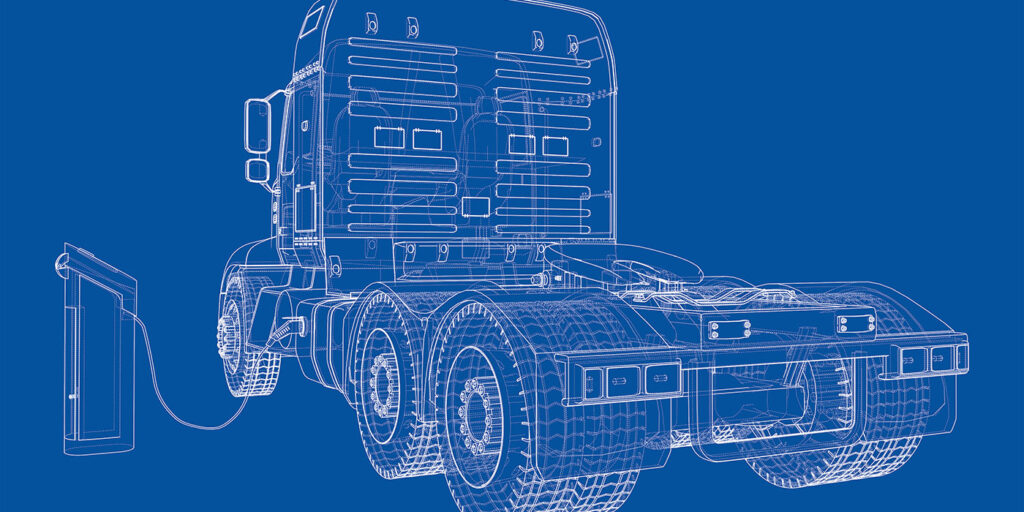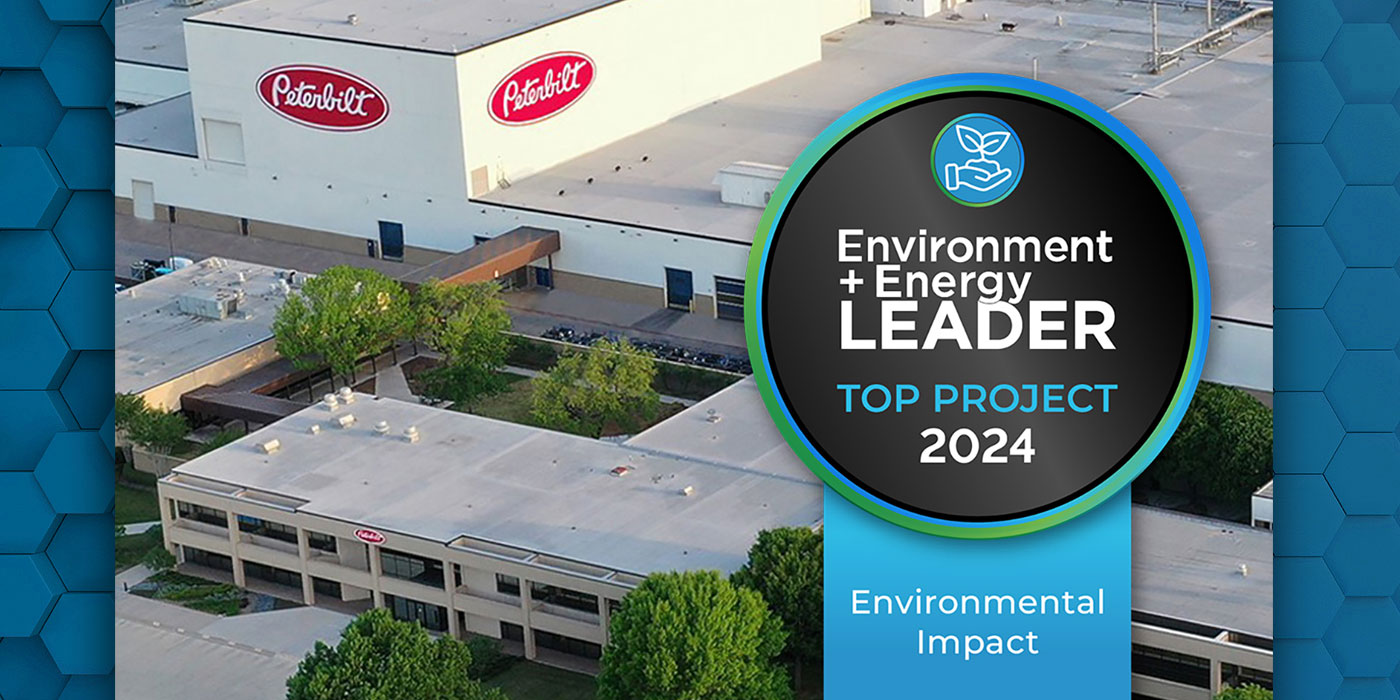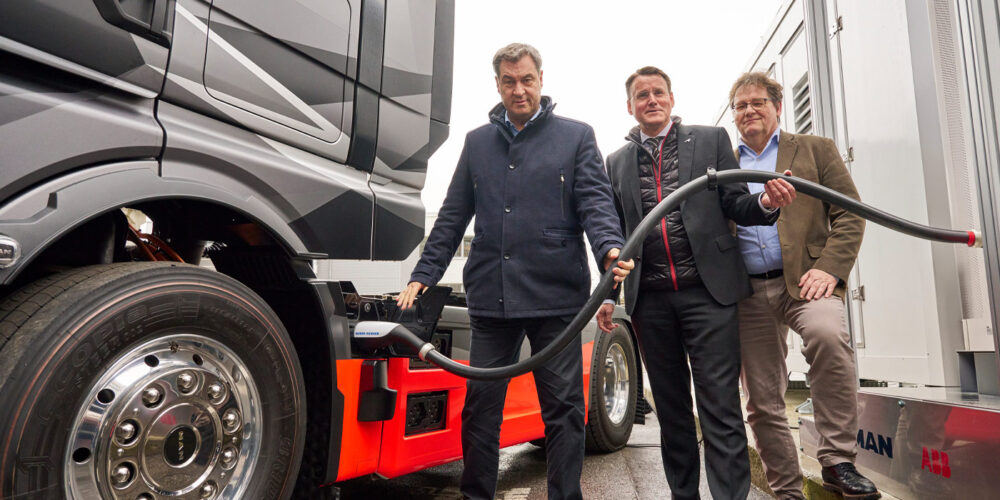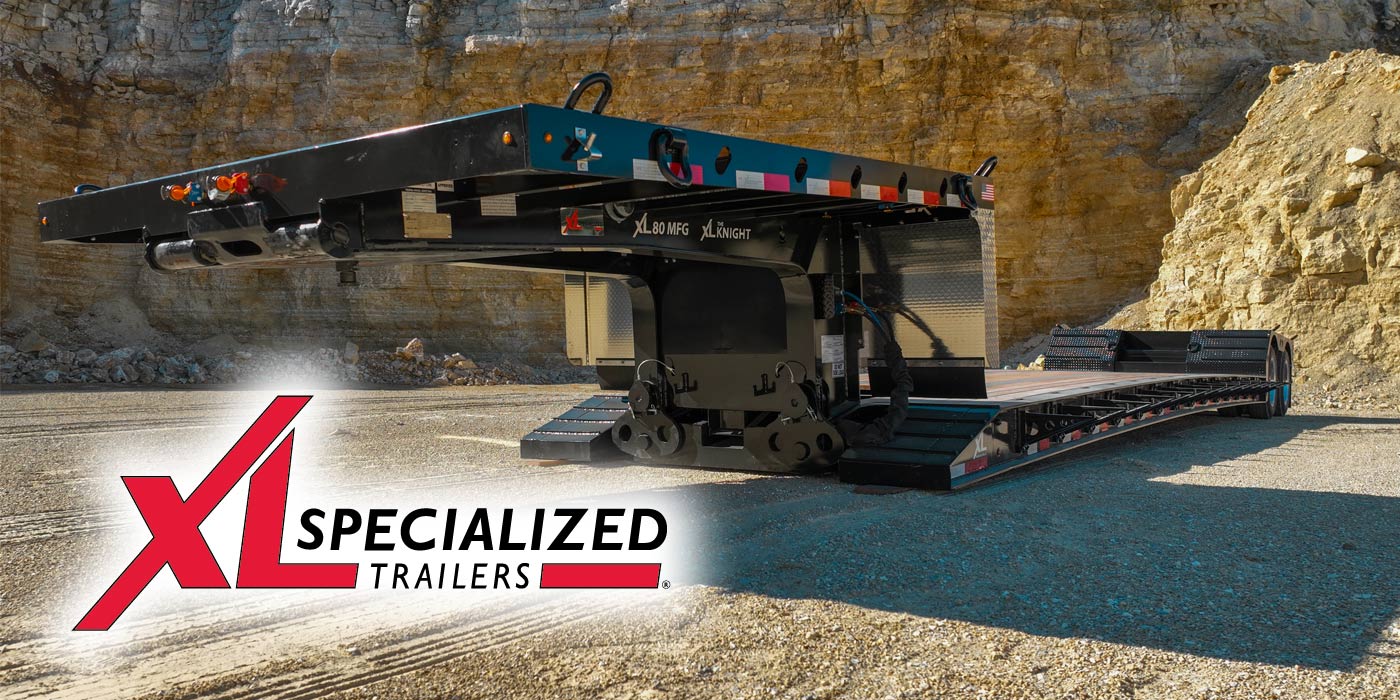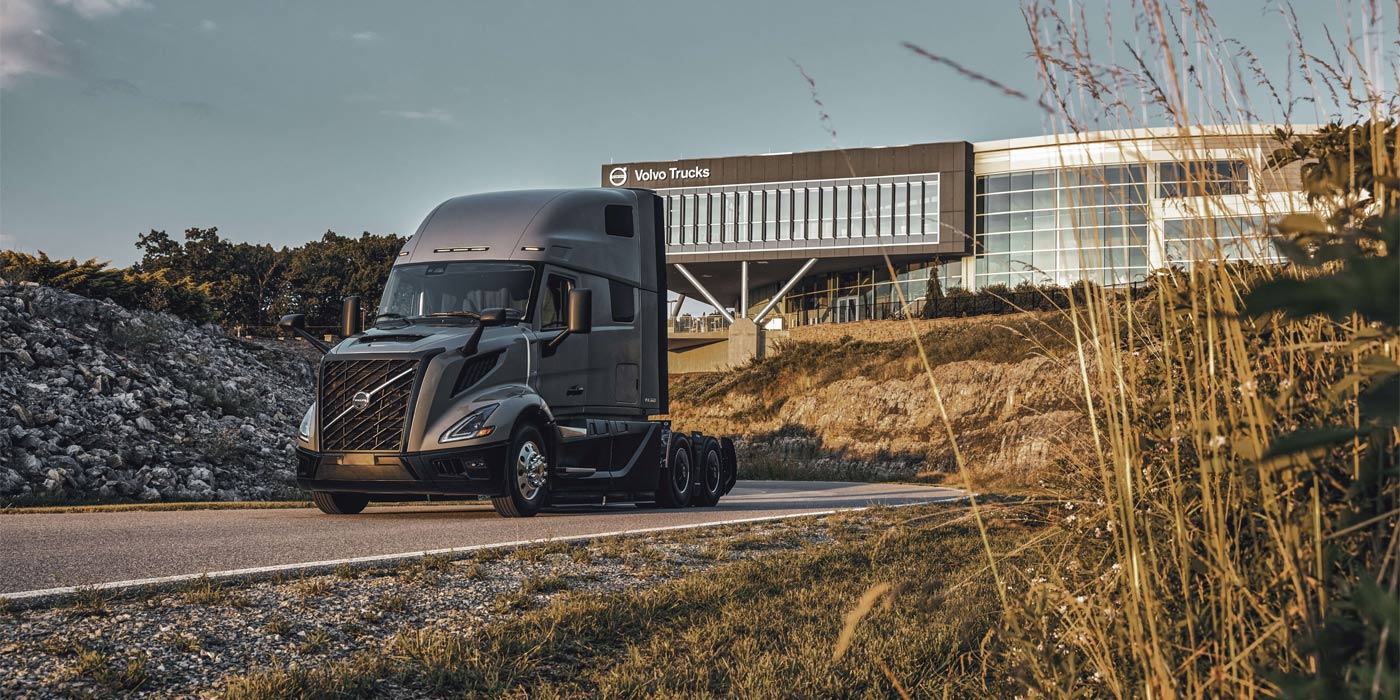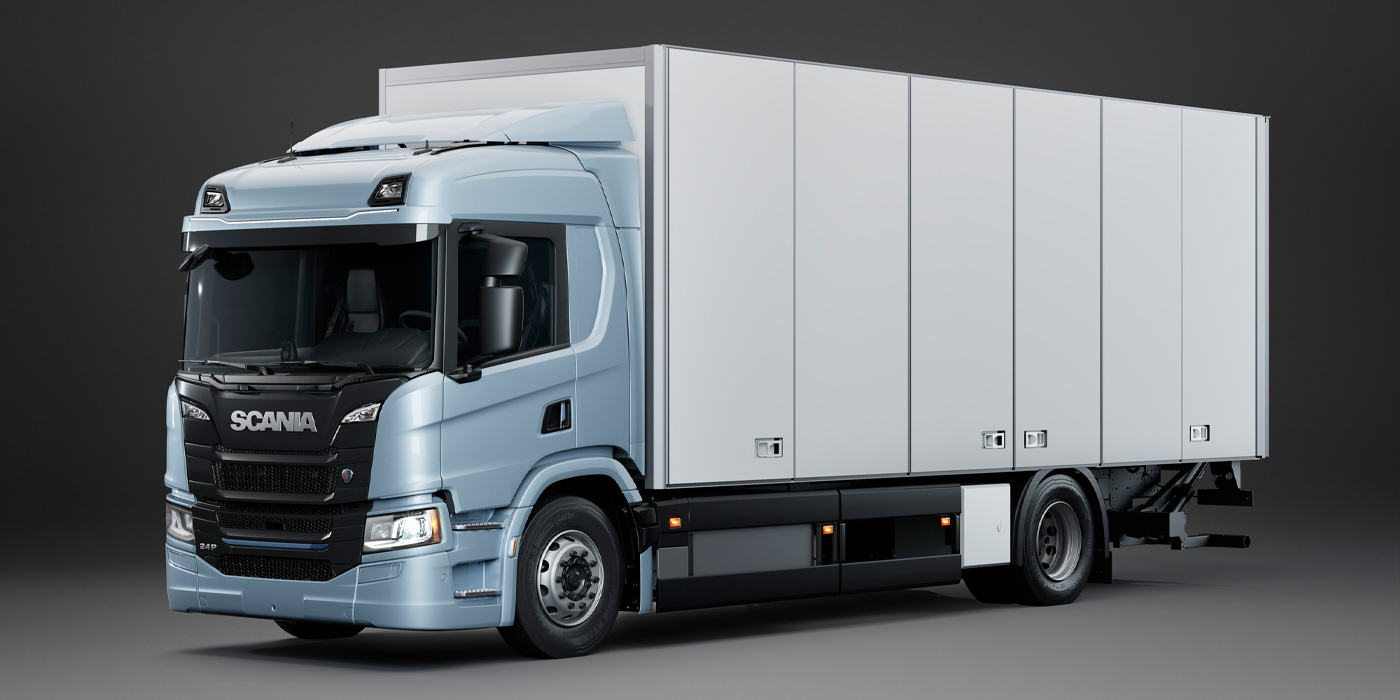One India subnational government announced a new commitment to zero-emission transport by endorsing the Global Memorandum of Understanding on Zero-Emission Medium- and Heavy-Duty Vehicles (Global MOU). The Global MOU is an agreement to reach 100% new zero-emission truck and bus sales by the year 2040, according to the press release. The agreement was announced at the 14th Clean Energy Ministerial (CEM14) and 8th Mission Innovation (MI-8) in Goa, India in July.
Twenty-seven countries are currently signatories to the Global MOU, including the United States, Canada, the United Kingdom, Ukraine and others (you can full list here). Roughly 80 subnational governments—including California, Québec, and now Goa—as well as private sector providers, Scania, DHL, Heineken and many others have signed formal acknowledgements endorsing the Global MOU, according to the press release.
Recognizing the economic, climate, air quality and grid stability opportunities associated with zero-emission transport acceleration and infrastructure development, the growing zero-emission transport community issued a public plea and call to action earlier this week at CEM. This call to action was announced as a part of supporter ZEVWISE coalition’s CEM14 side event, Zero-Emission Trucks and the Energy Sector: Bridging the Gap and Financing the Transition.
Calstart and partners at CEM14
In support of accelerating zero-emission transport in India, the Zero-Emission Truck High-Level Ambition Group (ZET HLAG) for India was recently launched. According to the associations, the ZET HLAG coalition brings together India commercial vehicle and component manufacturers, as well as infrastructure providers that include Volvo Group India, Daimler India Commercial Vehicles, Mahindra & Mahindra Ltd, Ashok Leyland, Tata Motors, EVage and Omega Seiki Mobility.
The goal of the coalition, the press release notes, is to collaboratively identify and work to achieve the strong mix of policies, programs, incentives and partnerships to accelerate India’s zero-emission transport sector. The coalition was launched at a high-level CEM14 event co-led by Calstart; the India ZEV Research Centre, University of California Davis; and Climate Group.
Trucks and buses are only 5% of India’s on-road fleet but account for 70% fuel consumption and over 70% of particulate matter emissions, according to Calstart. With the goal of reaching carbon neutrality by 2070, HLAG organizers and participants agreed zero-emission transport must be prioritized.
Zero-emission vehicles and India’s ZE transport future
To demonstrate the growing availability of zero-emission vehicles in India and globally, partners Calstart’s Drive to Zero, Shakti Sustainable Energy Foundation (knowledge partner) and The Energy and Resources Institute (TERI) presented the “Zero-Emission Zone” as a part of CEM’s larger technology and cultural showcase at Dr. S.P. Mukherjee Indoor Stadium. The “Zero-Emission Zone” featured a display of zero-emission medium- and heavy-duty vehicles, including offerings from Olectra Greentech, JBM Auto, Daimler India Commercial Vehicle and Tata Motors.
This event also marked the launch of e-FAST, a NITI Aayog and World Resources Institute platform serving as a catalyst in India in the transition towards cleaner, greener freight transportation. Its focus is on active collaborations at national and international levels, deployment of scalable pilots and exploration of technology integration and associated research.

